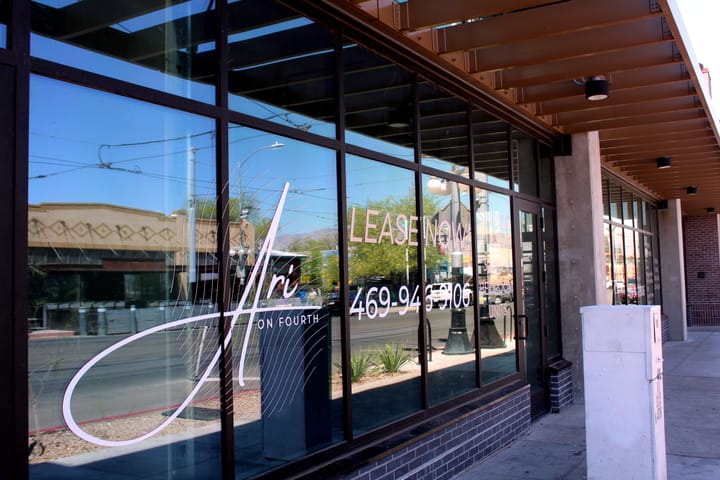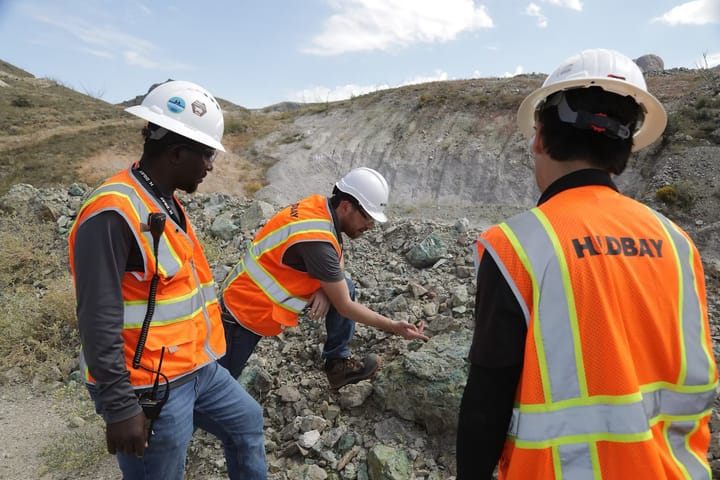Tucson faces $17.8M deficit as city boosts pay, infrastructure spending
Tucson officials are working to address a $17.8 million deficit by investing in employee compensation, infrastructure, and public safety, while preparing for larger budget challenges ahead.

As Tucson officials tackle next year’s budget, they are trying to balance a $17.8 million deficit and necessary investments in infrastructure, public safety, and employee compensation.
In one of the biggest changes from the current budget, the city hopes to invest $17.8 million — nearly double the previously allocated amount —in employee compensation in the 2026 fiscal year, hoping to address pay equity issues, improve retention, and reward high-performing staff.
Mayor Regina Romero pointed to the urgency of addressing employee compensation in last week’s City Council meeting, citing concerns from the state legislature. She said former Gov. Doug Ducey’s implementation of a flat tax has significantly impacted the city’s budget.
Under the flat tax that went into effect in 2021, every Arizona taxpayer, regardless of income, pays the same 2.5% rate. The rate, coupled with changes to state-shared revenue formulas, has resulted in significant financial strain on the city of Tucson, with early estimates from the Arizona Center for Economic Progress projecting a $27 million annual negative impact from the flat tax.
“In-range pay placement and market adjustments are especially important,” Romero said. In-range pay adjustments refer to salary increases for employees within the designated pay range for their position.
Starting in July, the city will roll out a compensation plan that includes in-range pay adjustments to better align salaries with employees’ experience, tenure, and performance.

The plan also includes market adjustments to keep pay competitive and a pay progression system that will provide gradual increases as employees grow in their roles.
But the budget isn’t just about employees — the city is also investing heavily in infrastructure, with its five-year Capital Improvement Program dedicating $2.1 billion to enhancing roads, expanding environmental initiatives, and improving community facilities.
In the 2026 fiscal year, $683 million has been set aside to advance major projects that will support Tucson’s growth for years to come.
Looking ahead, the city is preparing for even bigger challenges, with a possible $66 million deficit in the coming years. City Manager Tim Thomure stressed the importance of a well-thought-out financial plan in light of Proposition 414’s failure.
“The impacts of not having Prop 414 pass on (next year’s budget) are not zero,” Thomure said during the meeting. “The real impacts are in (the 2027 fiscal year), but we can't wait until (then) to make structural changes.”
City officials are also eyeing a major investment in Tucson’s water infrastructure. The Northwest Wells Treatment System will be allocated $16 million out of the budget. The money will help restore 3 million gallons of potable water per day by reactivating wells that were previously shut down due to PFAS contamination.
The city is also hoping to invest another $12.25 million in the Tucson Airport Remediation Project to address groundwater contamination near the airport, which officials say is a crucial step in protecting Tucson’s water supply.
The city is also making a big push in transportation with its “Tucson Delivers – Better Streets/Safer Streets Program,” which will receive a $94.3 million investment for road repairs, repaving, and safety improvements across the city.
These funds will go toward upgrading major corridors like Valencia Road and 22nd Street, ensuring that Tucson’s streets keep up with its growth.

And while the city is still feeling the sting of Proposition 414’s failure, which would have funded public safety initiatives, public safety remains a priority.
The budget includes investments in new police and fire facilities, with $18.4 million allocated for the construction of a new joint police and fire complex. Another $4 million will be set aside to expand fire and police resources on the east side of Tucson, helping the city better serve its growing population.
The city hasn’t forgotten about its community programs. Officials have invested $28 million in American Rescue Plan Act funds to support 146 community projects, with an additional $8 million allocated for the 2026 and 2027 fiscal years.
“Tucson’s ability to fund large-scale community projects has largely depended on ARPA funds, but these projects will continue to receive support in the coming fiscal year,” said Chief Financial Officer Anna Rosenberry.
As staffers work toward finalizing the 2026 budget, officials are focused on making strategic decisions that will ensure Tucson’s long-term fiscal health.
With the budget expected to be adopted in June, public hearings and feedback from residents will play a crucial role in shaping the final plan.
Officials are also considering bonds as a potential funding source for infrastructure projects, but Romero said she’s doubtful voters would support them given current economic concerns.
Angèle Ozoemelam, director of the city’s Business Services Department, stressed the importance of long-term financial strategies to sustain Tucson’s $2.1 billion Capital Improvement Program. She said Tucson’s strong bond ratings reflect responsible budgeting, which could help the city secure favorable interest rates if it pursues bond funding.
“Capital improvement is building and acquiring new things, but asset management is maintaining the things we have,” said Councilman Paul Cunningham.
Officials agreed that voter education would be essential to gaining public support for any future bond measures, saying that regardless, there’s plenty of work to be done.
“We’re just going to have to tighten the belt as we continue to plan for closing the $16 million deficit this year and a possibility of having more than a $66 million deficit next year,” Romero said.
Angelina Maynes is a University of Arizona alum and reporter with Tucson Spotlight. Contact her at angelinamaynes@arizona.edu.
Tucson Spotlight is a community-based newsroom that provides paid opportunities for students and rising journalists in Southern Arizona. Please support our work with a paid subscription.




